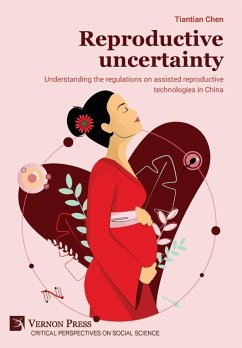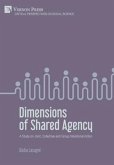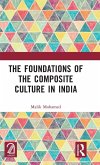This book provides the first sustained account of intense debates in China over the ban on single women's access to assisted reproductive technologies (ARTs). Drawing on the author's fieldwork in clinics and government agencies in Beijing, it mainly explains Chinese policymakers' and clinicians' rationale for restricting single women's use of ARTs even if they celebrate ARTs as a success of Chinese modernization strategies. The main concept explored in this book is uncertainty. ARTs become a source of discomfort for the Chinese government and clinics because they reveal the uncontrollability of human destiny; they introduce ambiguities into genetic and legal paternity; and they undermine clinical and bureaucratic authority. This book uses ARTs as a lens on broader social changes in China. The uncertainty of ARTs reflects the limits of Chairman Deng Xiaoping's reform. It also informs that the Chinese government has reversed policies by repackaging tradition and tightening party control. The book's interpretation of uncertainty challenges the linear and progressive paradigm of modernization. China's development path is distinct from the sequential logic of Western, modernist conceptions of history.
Hinweis: Dieser Artikel kann nur an eine deutsche Lieferadresse ausgeliefert werden.
Hinweis: Dieser Artikel kann nur an eine deutsche Lieferadresse ausgeliefert werden.








